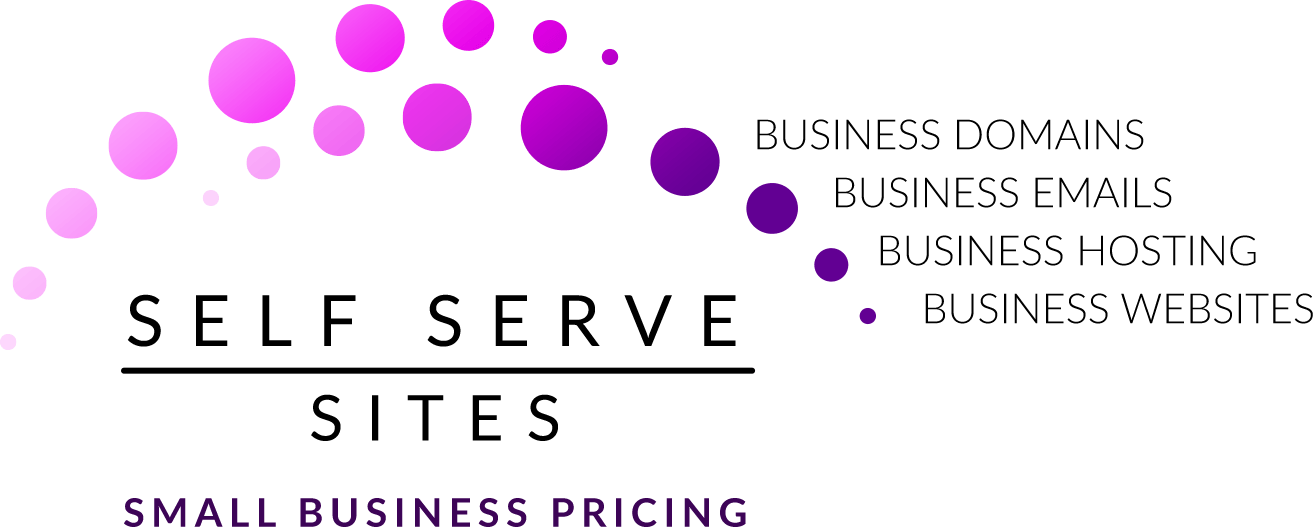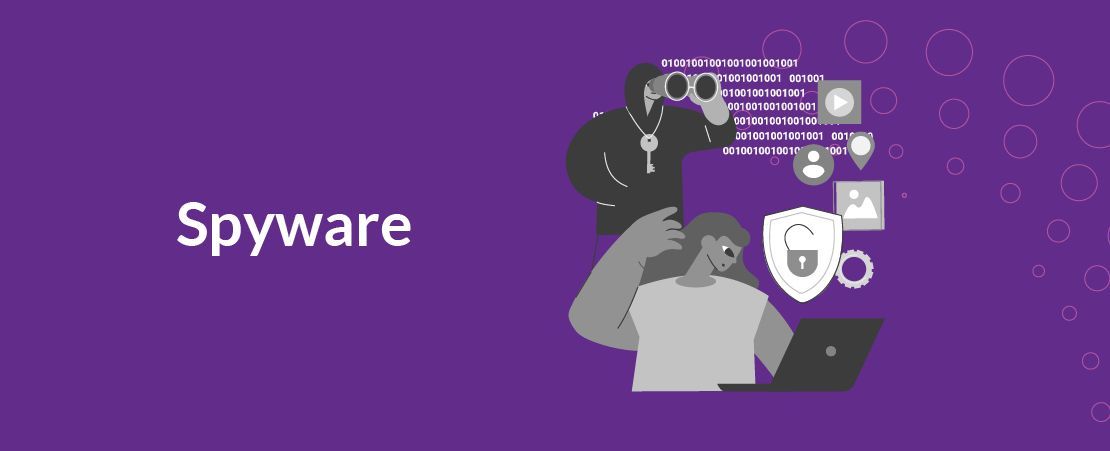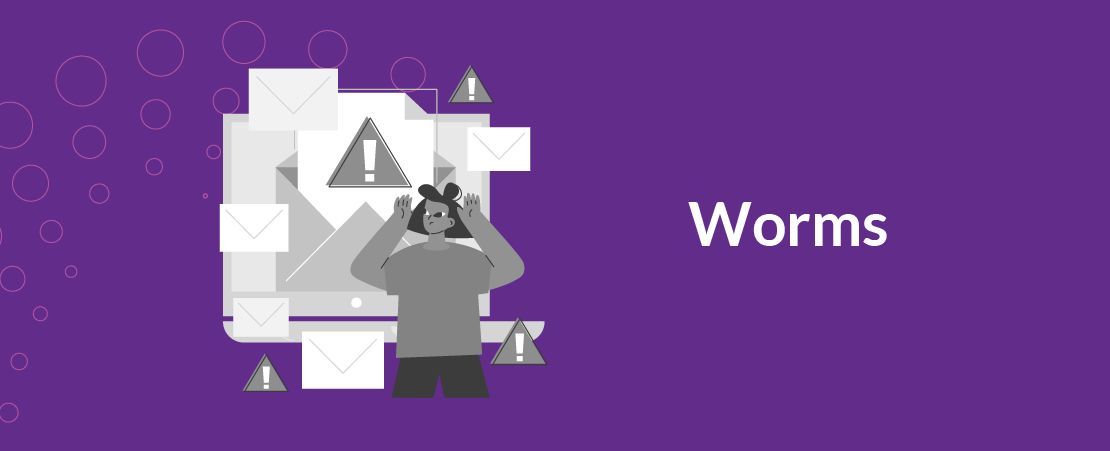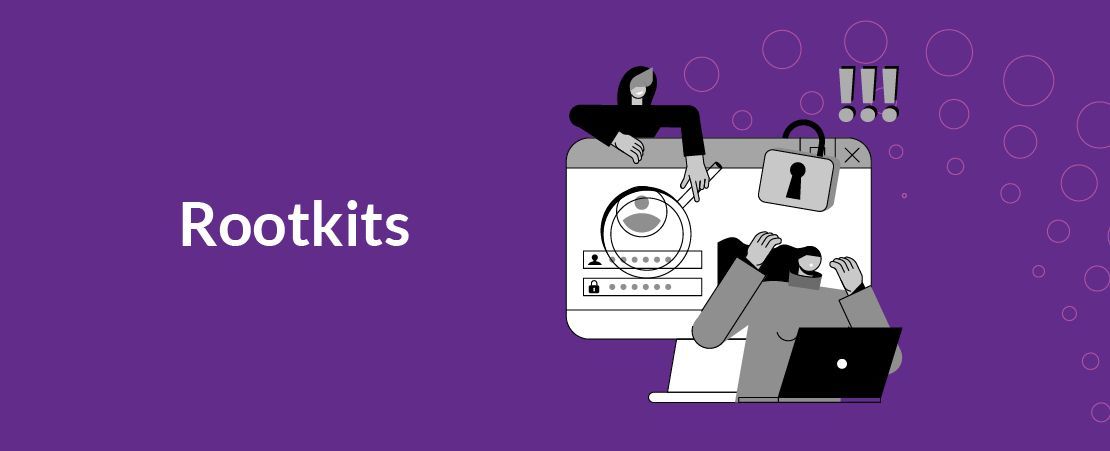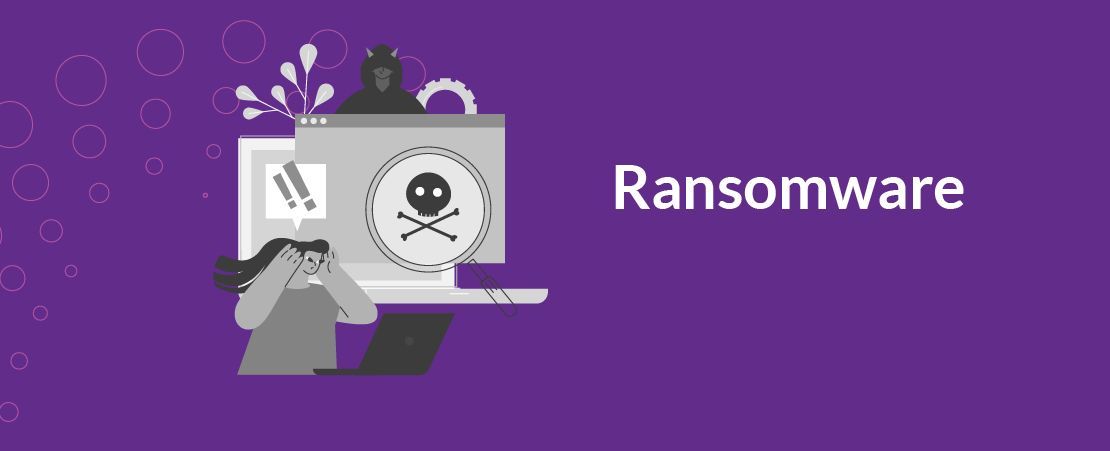The Malware You Need To Be Ready For
Cybersecurity is an area in which going in unprepared vastly increases your chances of blundering haplessly into the path of something devastating.
Knowing what’s out there and how it can
harm
you and your business is one of the best ways to keep yourself
safe from them. Forewarned is forearmed, as they say. So with that in mind, let’s learn about six of the most common types of
malware lurking in the dark corners of the online world.
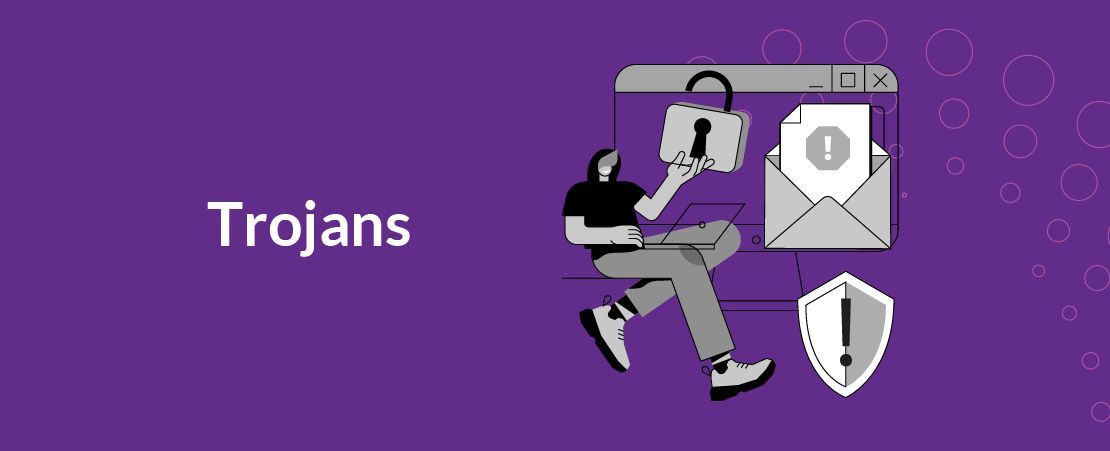
Trojans
Named for the famous Trojan horse from Homer’s ancient Greek epic, Trojan viruses are nearly as old as their namesake. The first record of them comes from 1971, meaning they predate the internet itself.
They’re not the most dangerous virus you can encounter, they’re easily avoided by not wheeling them inside your city or downloading them onto your computer, and modern antivirus software finds them quite easy to identify.
If they do succeed in finding their way onto your system however you need to worry.
Like their namesake Trojans rely on hiding within other programs and files, executing their malicious code when the infected data is accessed. Be careful about where you
download things from and you shouldn’t need to worry too much about them.
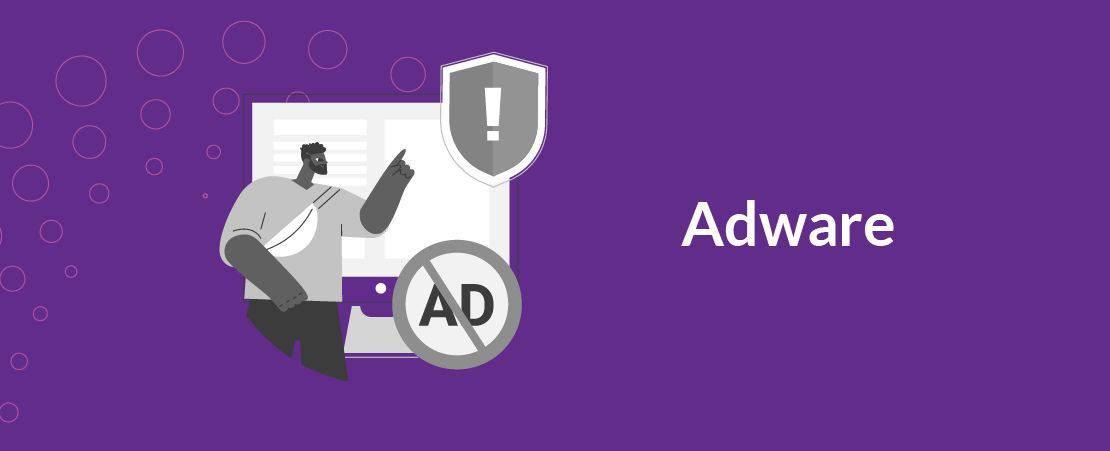
Adware
Adware isn’t the most directly harmful type of malware your system can contract, but it’s definitely the most obnoxious and irritating. Adware is a type of malware that serves up advertisements to you, either within your web browser or even from within your system itself.
This behaviour on its own makes it a nuisance, but it can potentially be much worse. The worst types of Adware will track you as you traverse the internet, building up knowledge of how best to target you with ads, and then selling your information onto third parties. This privacy breach is only made worse by the fact that it’s using up your system’s resources to do so.
Spyware
Spyware is an incredibly nasty form of malware that has the potential to ruin whole businesses. Similar to the nastier versions of Adware, Spyware is software that gathers information about you, including your online behaviour, often with the aim of selling it to advertisers.
Even more threatening however is spyware that steals files, usually with a focus on the most sensitive information. Think about the effect your company’s being publicised could have, and you start to see the threat these programs pose.
Worst of all is a form of Spyware known as keyloggers. Keyloggers do exactly what their name suggests, they record your key presses, allowing them to steal passwords and compromise critical systems like bank accounts. Make sure you maintain an updated antivirus program, and don’t click on suspicious links, prevention is better than cure with Spyware.
Worms
The unique thing about Worms is that they don’t require another program or file to house them like most other malware does. Another piece of malware that predates the creation of the internet, Worms were born in 1971 with the creation of Creeper.
Worms like Creeper are able to move about independently of other programs or files, meaning once it infects a system there’s no way to stop it from running, you can’t simply avoid the infected files like you could with something like a Trojan.
One they’ve gained access to a system, Worms can cause all kinds of trouble, functioning as Adware, Spyware, or the dreaded Ransomware. The best way to avoid falling victim to Worms is to maintain an updated antivirus software and take other basic precautions like avoiding suspicious links.
Rootkits
This next piece of malware is an especially nasty one, the Rootkit. A Rootkit’s aim is to grant its author complete control over an infected system with the highest possible administrative privileges. Once a system is infected, the Rootkit can then cover for other malware like Spyware, use the system to implement scams and attacks on other systems, or even implement an especially nasty Ransomware attack on the infected system.
You want to do everything you can to avoid being targeted by Rootkits. Once they get into a system, the nature of how they work makes them incredibly difficult to remove. How do they work, you ask?
Rootkits don’t infect a program like most malware, or roam about independently like a Worm, they go much deeper. Their aim is to install themselves deep in the very architecture of the system, compromising it right down to its core.
Depending on how deeply they have embedded themselves, removing them may require wiping the entire computer and reinstalling the operating system, or even removing and replacing hardware.
Your best defence against Rootkits is to keep your antivirus software updated, install security patches offered by the makers of your operating system, and take all of the usual precautions against dodgy links and files. You don’t want to ever have to deal with removing a rootkit.
Ransomware
Our final piece of malware today is one that’s been rising in frequency and infamy in recent years, Ransomware. The one good thing that can be said about Ransomware is that it’s not subtle, when it infects your system you’re going to know about it.
As the name suggests, Ransomware works by taking your system hostage, usually by encrypting your files. A message will appear informing you of this fact, and that the only way to retrieve your files is to pay the ransomers.
While attempts at creating Ransomware are surprisingly old, the malware has exploded in popularity with the advent of cryptocurrency, which enables ransomers to easily and anonymously receive transfers of online funds.
While ransomers will always promise that lost data can be recovered, this isn’t always the case. If you find yourself the victim of a Ransomware attack, you’re strongly advised to consult a digital security expert before responding.
Knowing what you’re getting into is integral to success in any endeavour, and not getting your banking details stolen by hackers is no different. Being aware of what’s out there and avoiding the obvious dangers will go a long way to keeping your Small Business secure.










